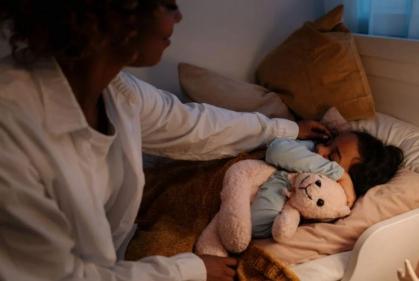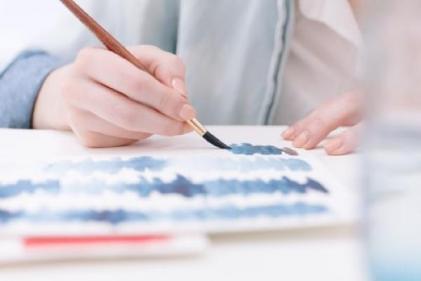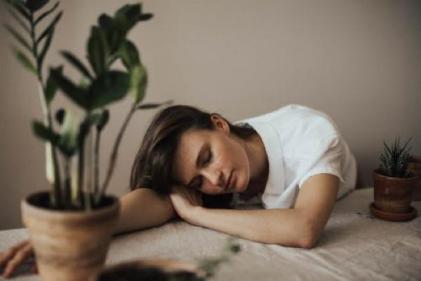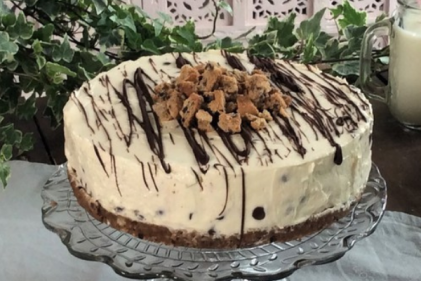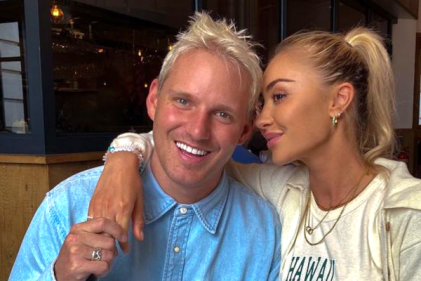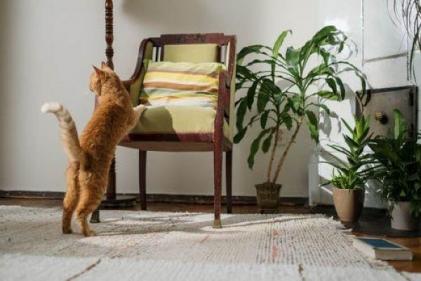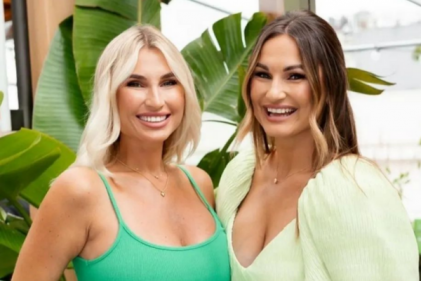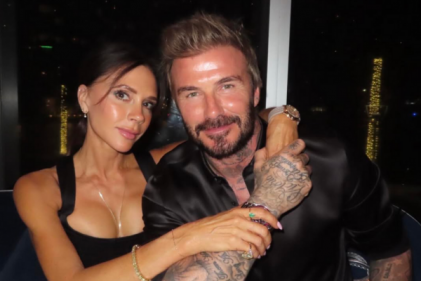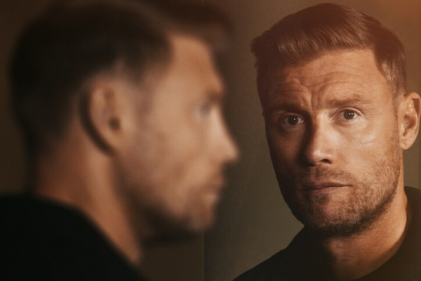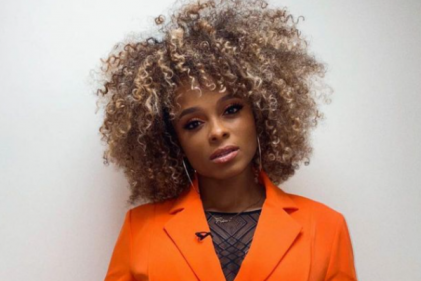What is acne?
Acne is the medical term used to describe spots. Acne can just be a few pimples or it can affect your whole face, neck, chest or back with red, white or yellow spots or blackheads. Spots are commonly caused by the skin producing too much oil and the pores and hair follicles then become blocked.
Why do teens get spots?
During puberty and the teen years, lots of hormonal changes happen in the body. The majority of teens get spots at some stage or other.
The hormone testosterone (boys and girls have it) causes the glands in the skin to produce large amounts of oil (sebum). When too much oil is produced the skin reacts by producing spots or blackheads.
However, acne isn’t simply triggered by puberty changes, it can also occur as a result of hormonal changes before or during your period, stress or even genetics.
Stress in particular can cause skin to breakout. When we get stressed, our adrenal glands have to work extra hard and release a stress hormone called cortisol. If too much cortisol is produced it causes the adrenal glands to release testosterone. Excess testosterone is a major cause of acne.
As teens we’re told that we get spots from eating too many sweets and junk food or because we don’t wash properly. This isn’t true. Eating a good diet may help with acne, but it is not always a cure. Lots of us have to deal with spots and it’s not just a teenage problem. Many adults get acne for the first time or a repeat break-out in their 20s or 30s.
Acne and your teen
Acne can be a major source of embarrassment and frustration for teens. Teens can be picked on for being different which is upsetting to say the least.
It’s important to be aware that there are treatments which really do help.
Over the counter remedies:
There are lots of acne washes and creams available in your local supermarket. However, the stronger stuff is usually sold in pharmacists. It’s often worthwhile to ask your chemist for advice.
There are lots of acne washes and creams available in your local supermarket. However, the stronger stuff is usually sold in pharmacists. It’s often worthwhile to ask your chemist for advice.
Natural remedies:
- Aloe vera can be used as a treatment and is often found in creams or soaps. It’s a really wonderful natural healer for both internal and external ailments.
- Use a honey mask once or twice a week. Honey has antibacterial properties.
- Tea tree oil can also be helpful as it too is an anti bacterial herb.
- Make sure your teen gets enough Vitamin A (from carrots, organ meats and dairy) and Vitamin C (from fresh fruit and veg) in your diet as both are very important for the skin and they help with acne.
Here are some tips to remind your teen when they’re getting down about having acne:
- You aren’t alone in having spots so don’t let them ruin your confidence. Always hold your head up high and smile. People will notice your confidence, not your skin.
- Instead of obsessing about your spots, be pro-active. Get treatment, keep your skin clean and then try to forget about them.
- People might notice your spots, but if they get the chance to know you, they’ll forget all about them and like you for your sparkling personality.
- If anyone is cruel enough to tease you about your spots, try to be strong and ignore them. Of course, it’s hurtful but remember it’s their problem not yours.
- Pay a visit to your GP or a dermatologist and see what they can do, as there are loads of medicines available to treat acne.
- While you are waiting for results from your medication you can try medicated concealer sticks. Just dab a little on the spot itself: not all over your face. Remember boys can use concealer too!
- This might not make sense but over washing is bad news for acne. Washing your face too much will just over stimulate the oil glands causing more oil to be produced. Stick to gentle facial washing twice a day and if you have sensitive skin, choose a soap or cleanser that is especially formulated for your skin type.

